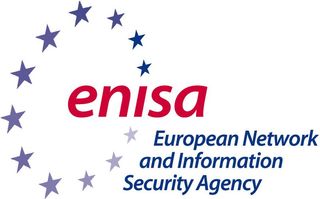Europe must work together to avoid 'digital 9/11'
ENISA says European member states must pull together to avoid a catastrophe.

Europe is in serious threat of a 'digital 9/11' unless steps are taken to address the growing cyber security threat, according to European Union security agency ENISA.
The European Network and Information Security Agency said that networks were becoming more complex and vulnerable which meant that security breaches are responsible for lots of economic damage.
EU member states like the UK needed to build protective fences as well as implement the suitable countermeasures. It also called for laws which forced businesses to report data losses and security breaches to the suitable authorities.
"Europe must take security threats more seriously and invest more resources in Network and Information Security (NIS)," said Andrea Pirotti, executive director of ENISA.
"Therefore ENISA calls for the EU to introduce mandatory reporting on security breaches and incidents for business, just as the US has already done."
ENISA's 'General Report 2007' also said that as the internet was indispensible at work and at home communication networks and information systems now played a central part in the European economy.
As the threat crossed international borders and some European states were better defended than others, it called for countries to combat the threat by pulling together.
Get the ITPro. daily newsletter
Receive our latest news, industry updates, featured resources and more. Sign up today to receive our FREE report on AI cyber crime & security - newly updated for 2024.
Pirotti said: "The member states should undertake concerted efforts to reduce the imbalances in security levels, through more cross-border cooperation."
"ENISA is confident that the need for secure networks to safeguard the European economy is a distinct driving force for member states to cooperate more closely," said Pirotti.
ENISA quoted statistics which said that 30 per cent of global trade was now digitally dependent. Spam was now costing about 64.5 billion Euros in 2007, which was double the 2005 figure.
It also stressed the emerging risks that social networks brought as well as the silent threat of the 'botnet'.
ENISA said that it had launched a three-year programme at the beginning of 2008 to improve resilience to public e-communications and to enable member states to mitigate the 'digital 9/11' threat.




